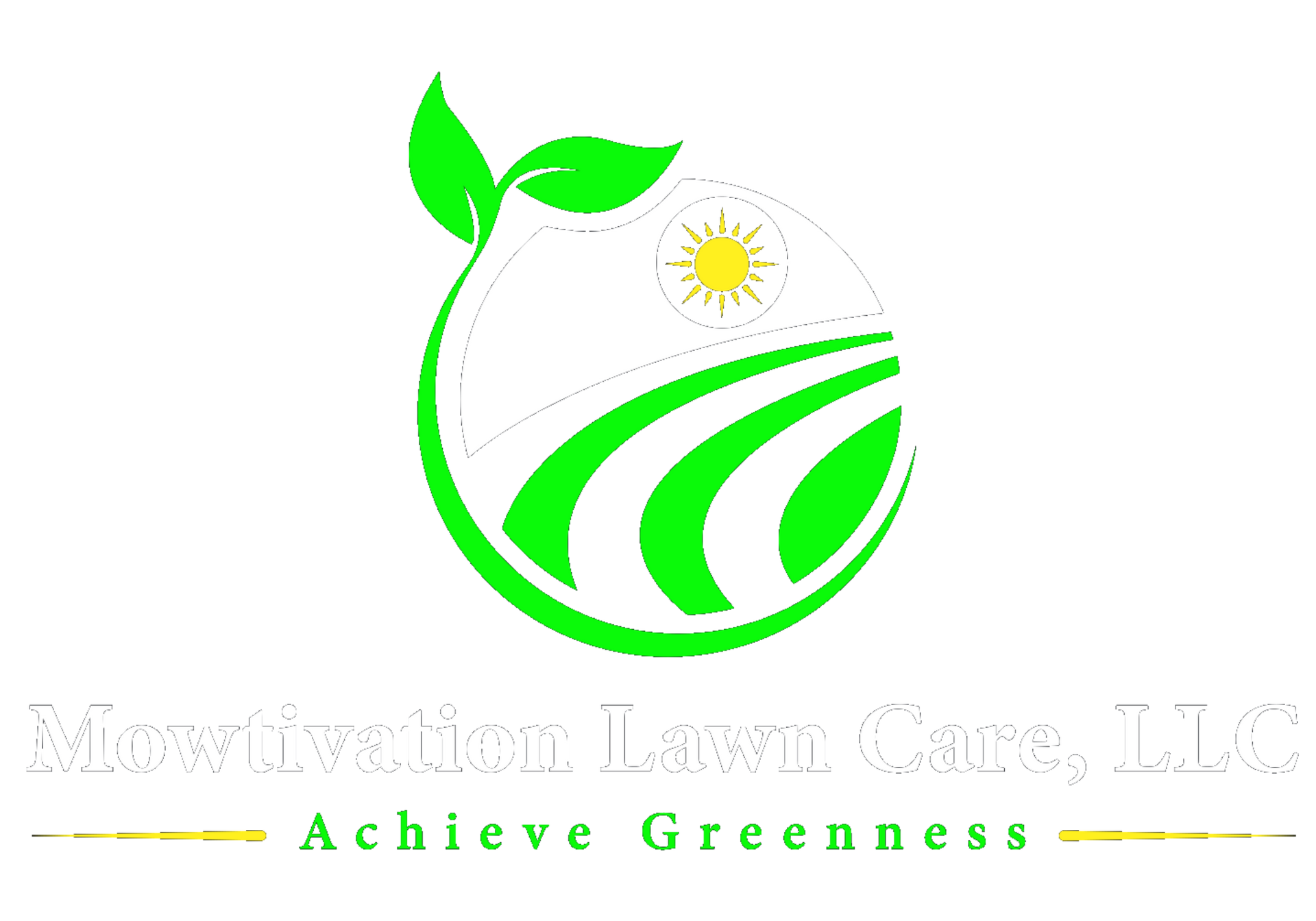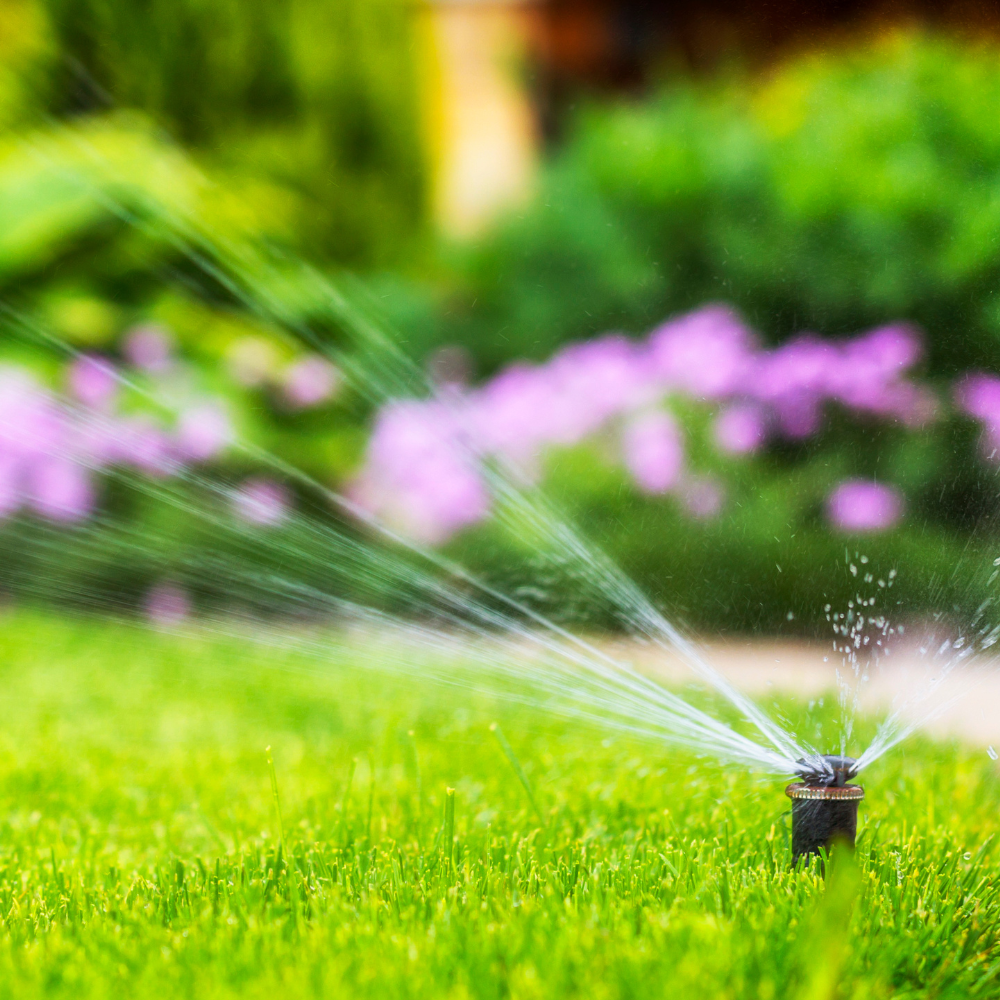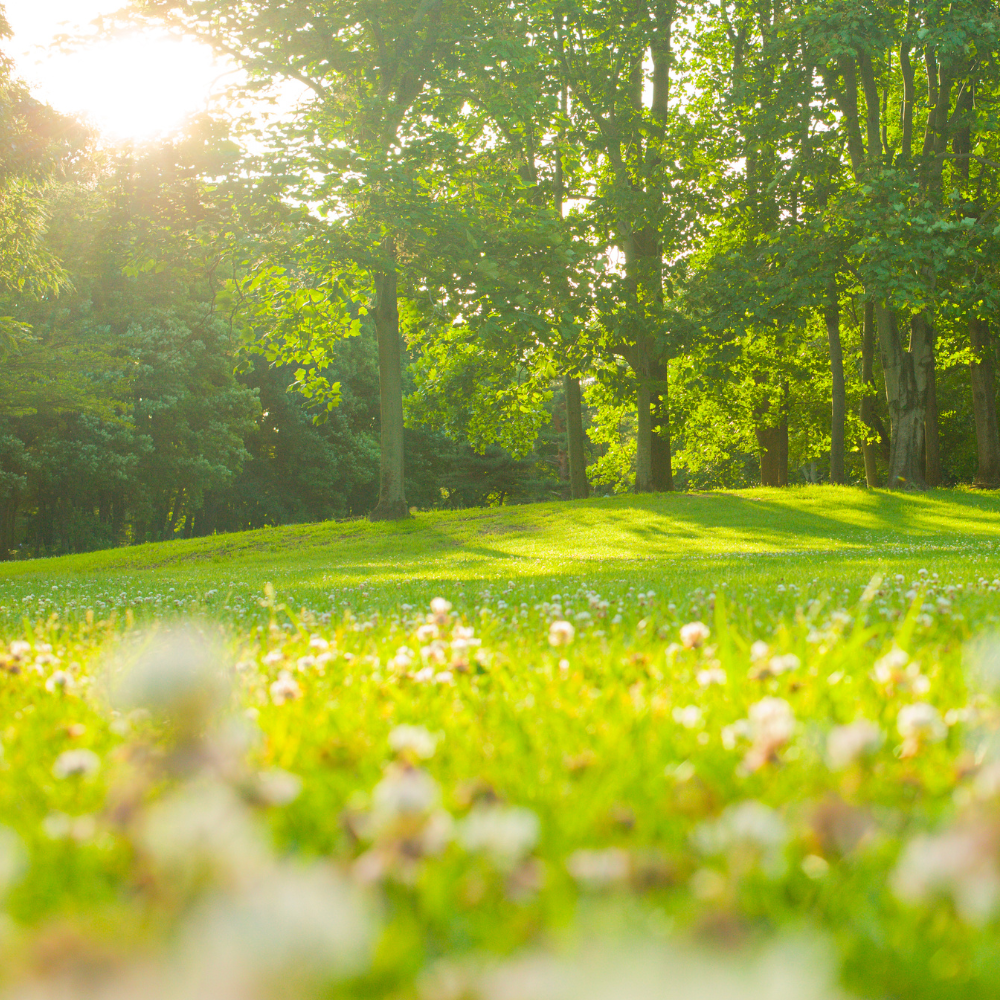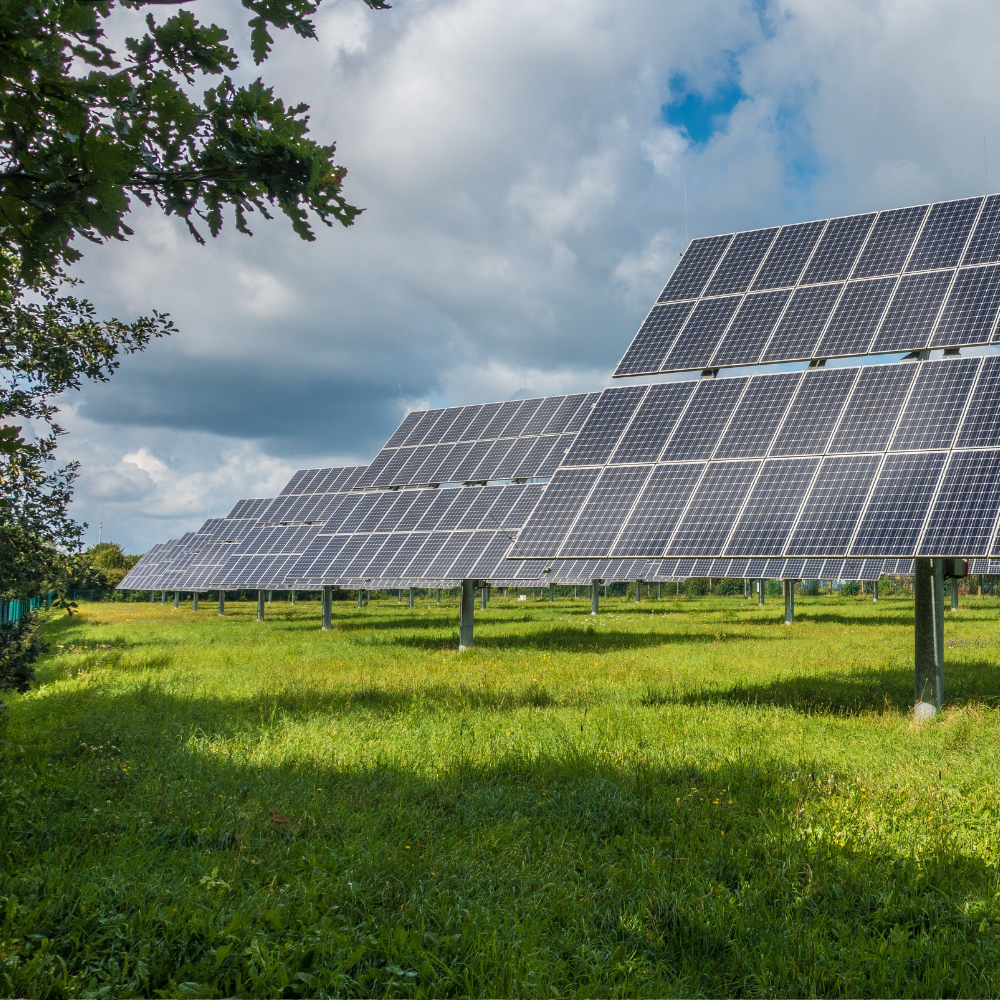Mulching for Weed Control: How to Keep Your Garden Weed-Free
Want to keep your garden weed-free with minimal effort? Learn how mulching effectively suppresses weed growth by blocking sunlight and reducing weed germination. Dive into our detailed guide now!
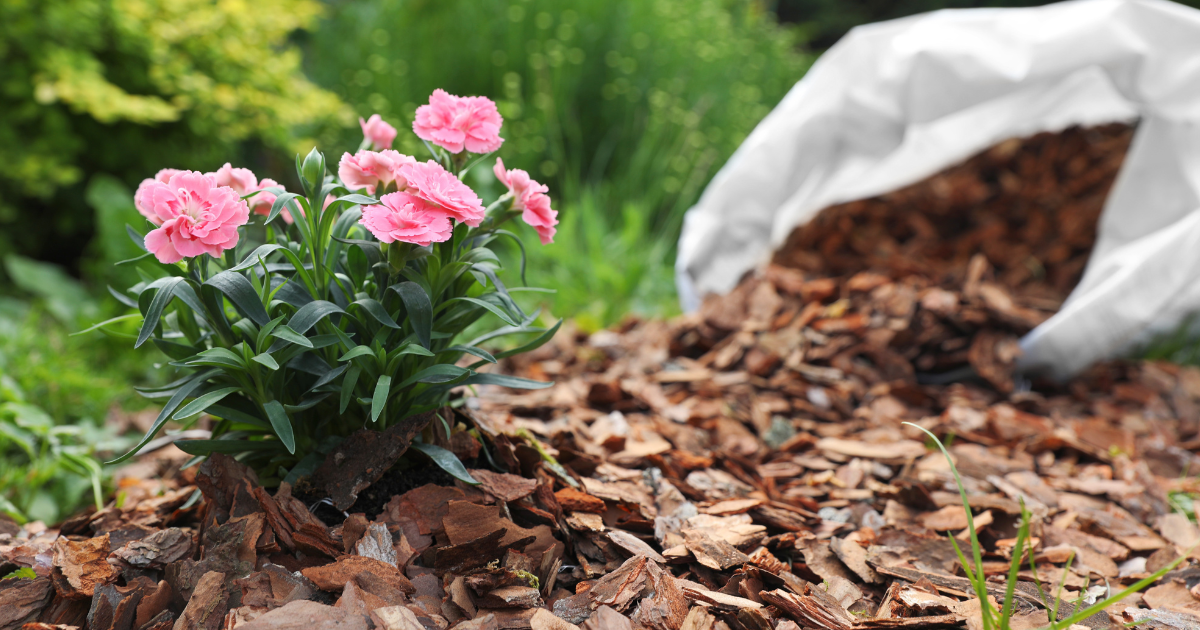
Mulching for Weed Control: How to Keep Your Garden Weed-Free
Weeding is one of those pesky garden tasks that never seems to end. If you're tired of constantly pulling weeds, mulching might just be your new best friend. This simple yet effective technique not only helps retain soil moisture and improve fertility but also significantly cuts down on weed growth. Let’s dig into how mulching works for weed control and why it's a must for every gardener. Click here to learn more about our mulching service.
What is Mulching?
Mulching involves covering the soil with a protective layer of material, such as organic matter (like leaves, straw, or wood chips) or inorganic matter (like plastic sheeting or gravel). This layer acts as a barrier, offering multiple benefits, one of the most significant being weed suppression.
How Mulching Suppresses Weeds
1. Blocking Sunlight
Weeds, like all plants, need sunlight to grow. By covering the soil with mulch, you effectively block the sunlight from reaching weed seeds and seedlings. This lack of light prevents the weeds from photosynthesizing, stunting their growth or preventing it altogether.
2. Reducing Weed Germination
Mulch creates a barrier between the soil and the air, which can help regulate soil temperature and moisture levels. Many weed seeds need specific conditions to germinate, including certain temperatures and moisture levels. Mulch can disrupt these conditions, making it less likely for weed seeds to sprout.
Types of Mulch and Their Benefits
Different types of mulch offer various benefits beyond weed control. Here are some common mulches and what they bring to the table:
Organic Mulch
Wood Chips and Bark
Pros: Long-lasting, aesthetically pleasing, and great for suppressing weeds.
Cons: Can tie up nitrogen in the soil as they decompose, requiring additional fertilization.
Straw and Hay
Pros: Excellent for vegetable gardens, decomposes quickly adding nutrients to the soil.
Cons: Can contain weed seeds if not properly sourced.
Grass Clippings
Pros: Readily available and adds nitrogen to the soil.
Cons: Can mat down and create a barrier for water and air if applied too thickly.
Leaf Mold
Pros: Free and rich in nutrients.
Cons: Breaks down quickly, requiring frequent reapplication.
Inorganic Mulch
Plastic Sheeting
Pros: Highly effective at weed suppression, helps retain soil moisture.
Cons: Doesn’t decompose, can heat the soil too much, potentially harming plants.
Landscape Fabric
Pros: Durable and effective at blocking weeds while allowing water and air to reach the soil.
Cons: Can be expensive and may need to be replaced after a few years.
Gravel and Stones
Pros: Long-lasting and ideal for xeriscaping and decorative purposes.
Cons: Can make planting new plants difficult and doesn’t improve soil fertility.
How to Apply Mulch for Maximum Weed Control
Prepare the Area:
Remove any existing weeds before applying mulch. This ensures you’re not trapping any unwanted plants under the mulch.
Apply a Thick Layer:
For organic mulch, aim for a layer that's 2-4 inches thick. This thickness is sufficient to block sunlight but not so thick that it prevents water from reaching the soil. For inorganic mulch like plastic sheeting, ensure it’s securely fastened to prevent it from blowing away.
Leave Space Around Plants:
Keep mulch a few inches away from the stems of plants to prevent rot and allow air circulation.
Replenish as Needed:
Organic mulches decompose over time, so you’ll need to top them up periodically to maintain their effectiveness.
Additional Benefits of Mulching
Soil Moisture Retention: Mulch helps keep the soil moist by reducing evaporation. This means you’ll spend less time watering.
Temperature Regulation: Mulch acts as an insulator, keeping the soil cooler in the summer and warmer in the winter.
Soil Improvement: As organic mulches decompose, they add valuable nutrients to the soil, improving its structure and fertility.
Common Mulching Mistakes to Avoid
Over-Mulching:
Applying mulch too thickly can suffocate plant roots and prevent water and air from reaching the soil.
Using Mulch with Weed Seeds:
Ensure your mulch, especially straw or hay, is weed-free. Otherwise, you might end up introducing more weeds to your garden.
Improper Mulch Application:
Applying mulch directly against plant stems can lead to rot and pest issues. Always leave a small gap around the base of plants.
Conclusion: Keep Your Garden Weed-Free with Mulch
Mulching is a gardener’s secret weapon against weeds. By blocking sunlight and reducing weed germination, mulch can save you countless hours of weeding while also providing numerous other benefits for your garden. Whether you choose organic or inorganic mulch, applying it correctly will keep your garden looking neat, healthy, and virtually weed-free. So, grab some mulch and give your garden the protection it deserves!
Got more mulching tips or questions? Share them in the comments below!
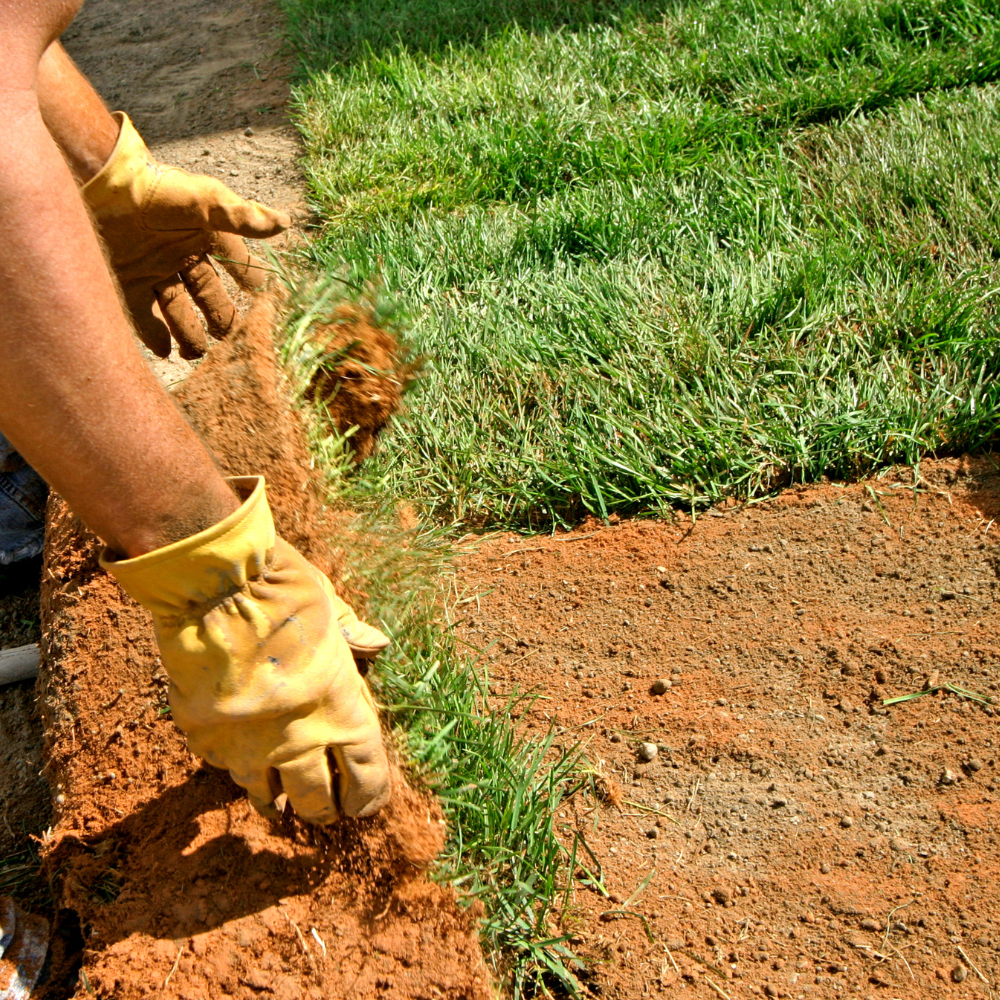
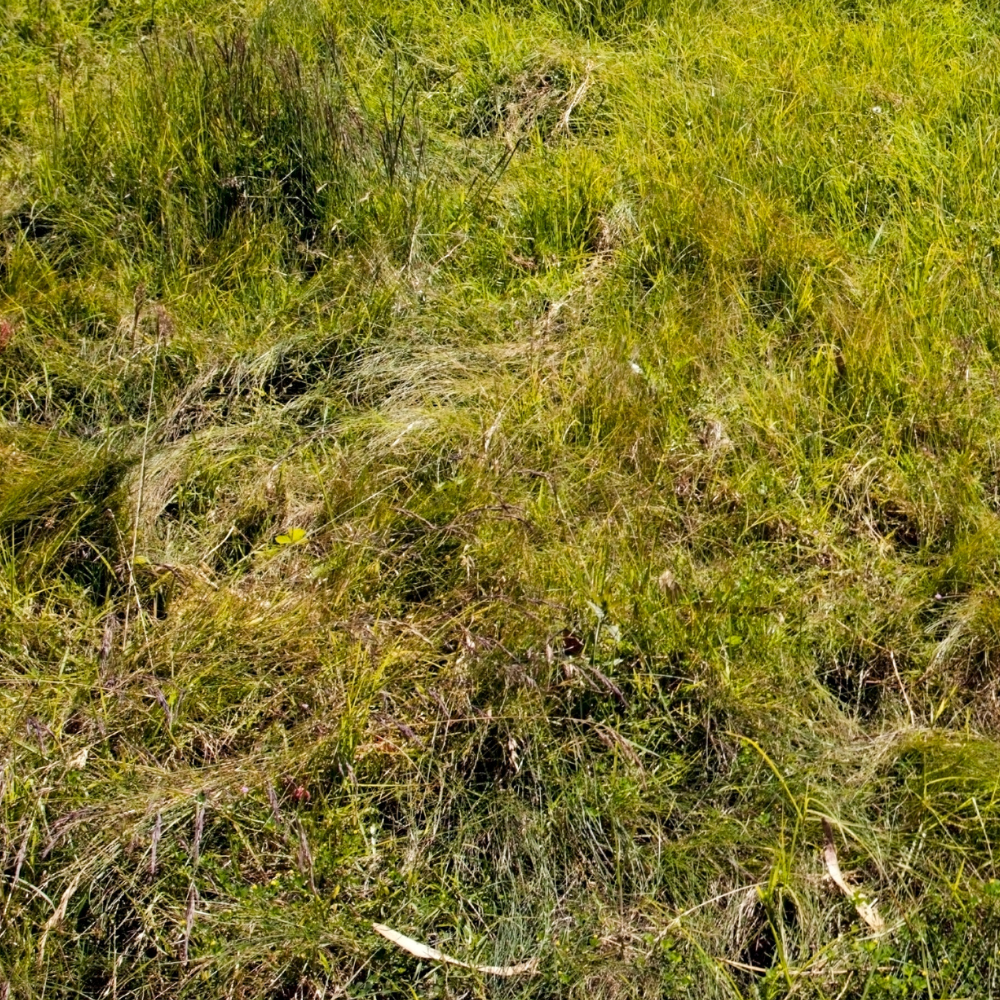
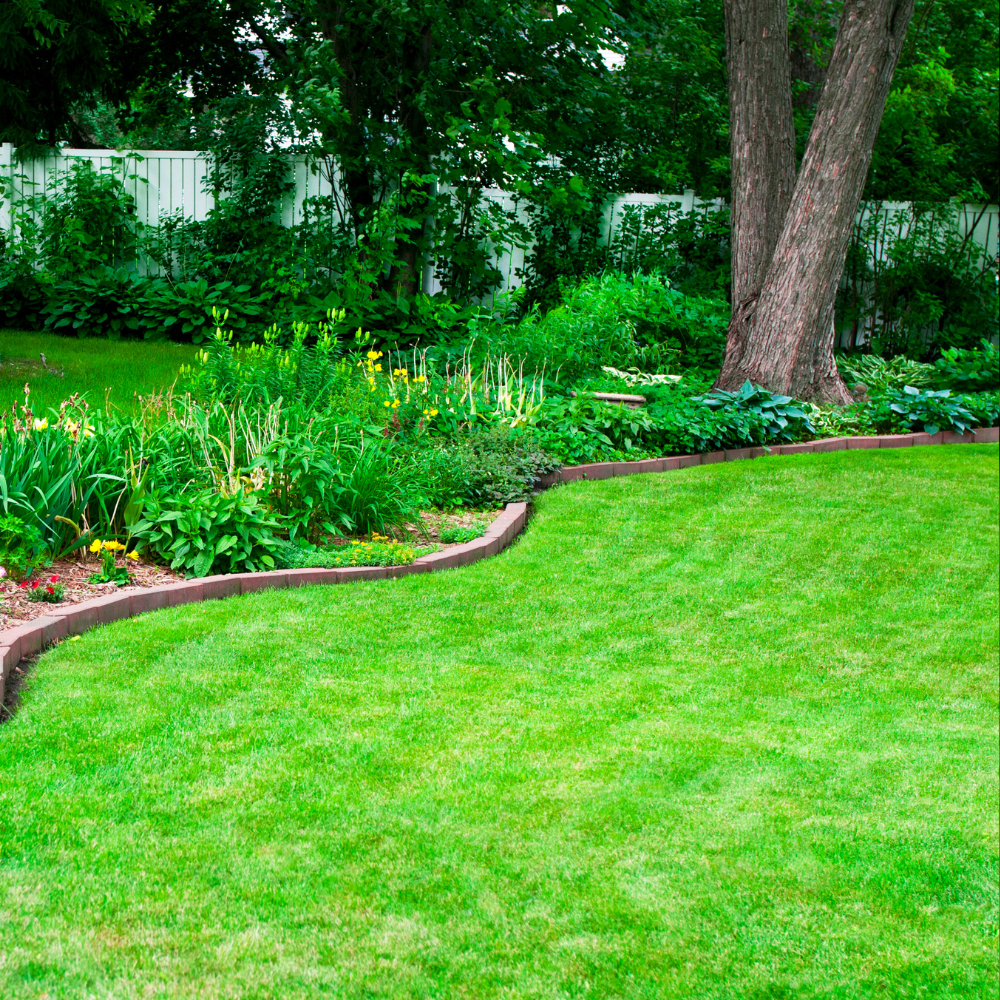

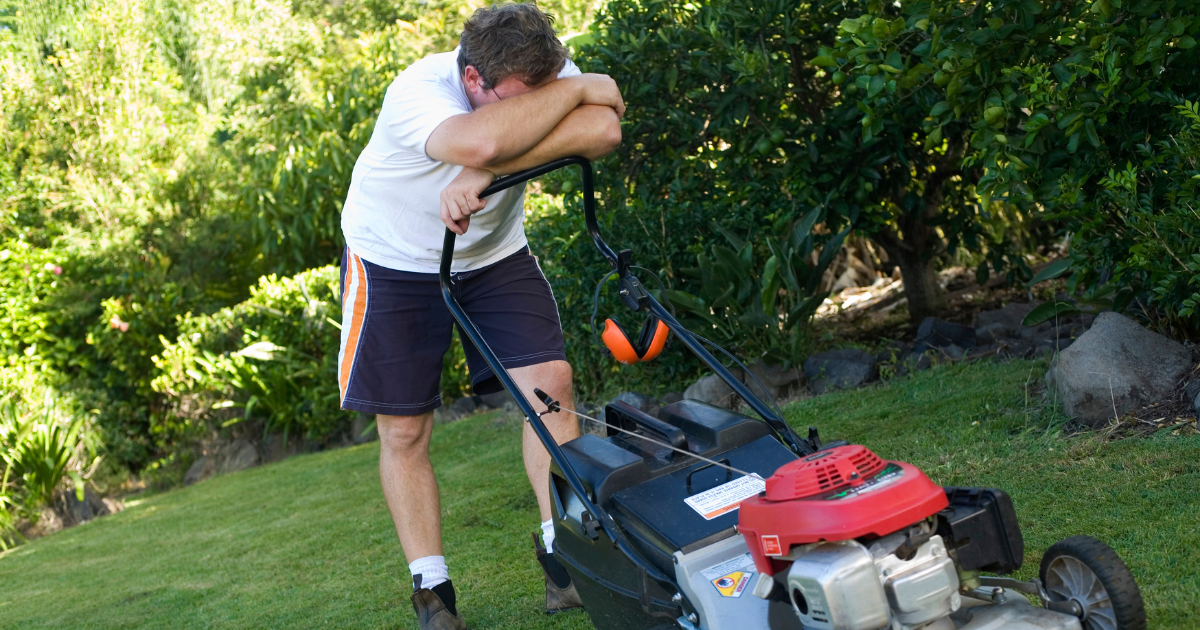
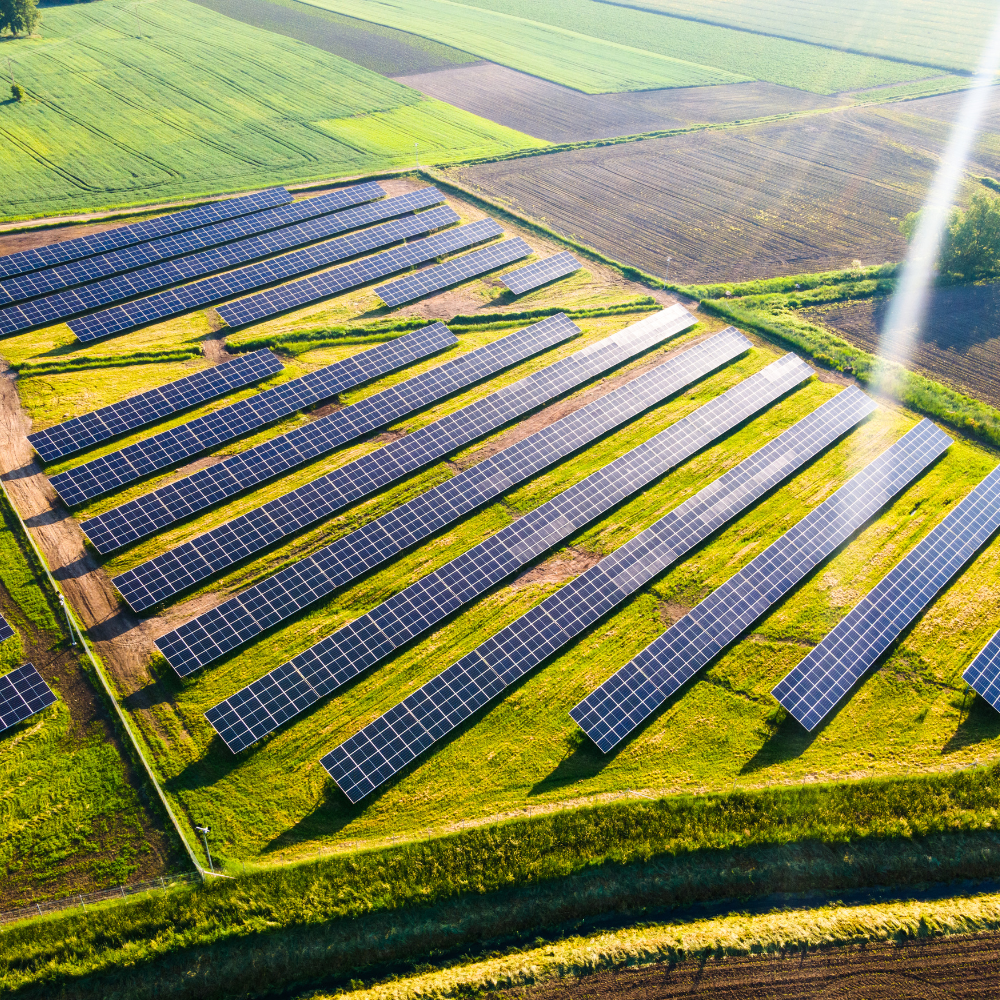
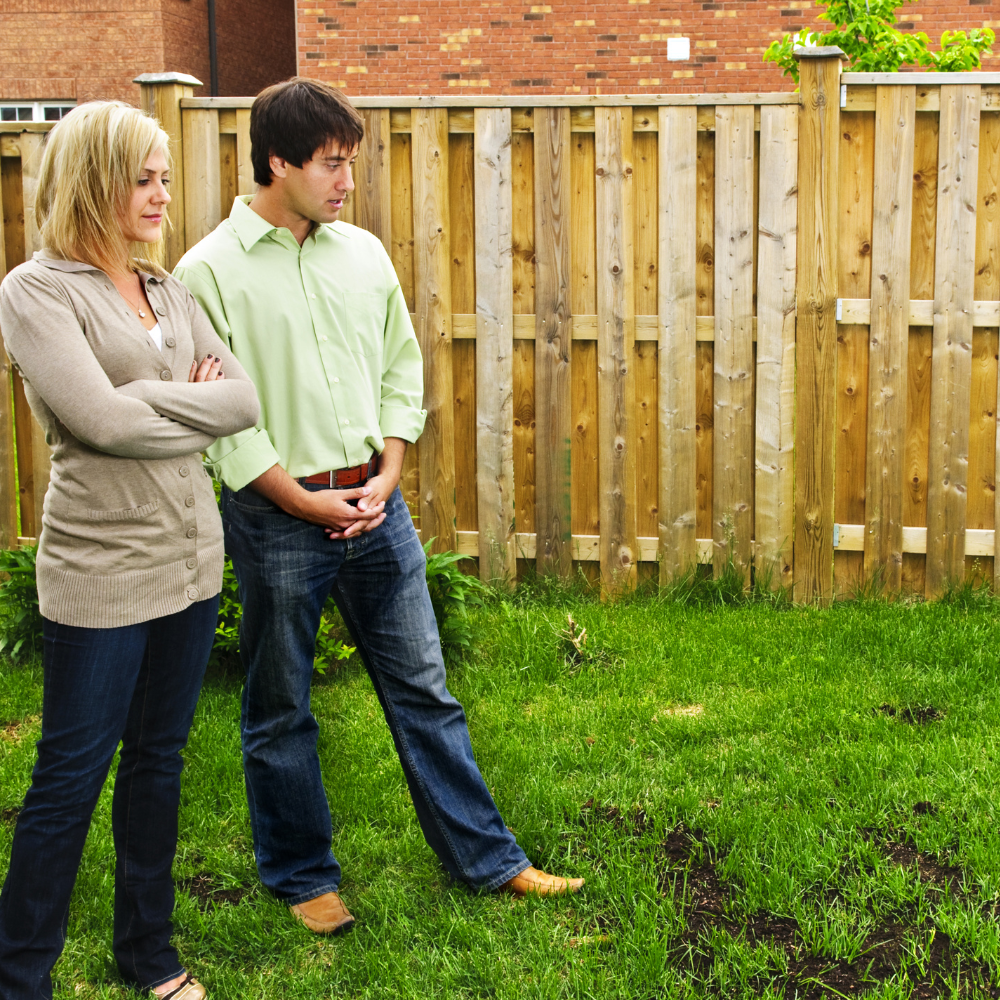
See What Others Are Saying
 Rating
Rating
Contact Us
Follow Us
All Rights Reserved | Mowtivation Lawn Care, LLC.
Webmaster: Rich Marketing Resources
